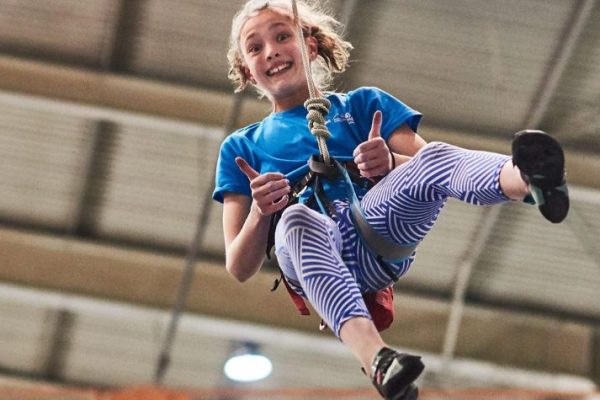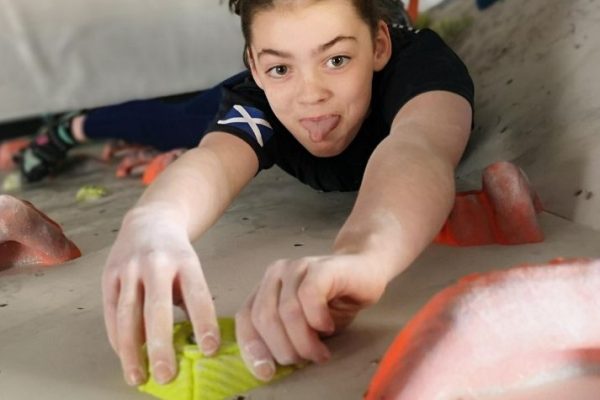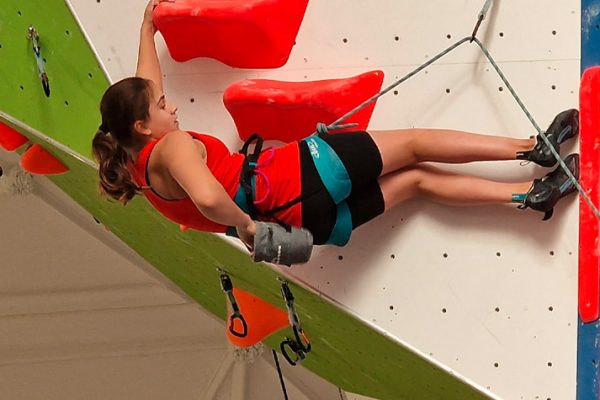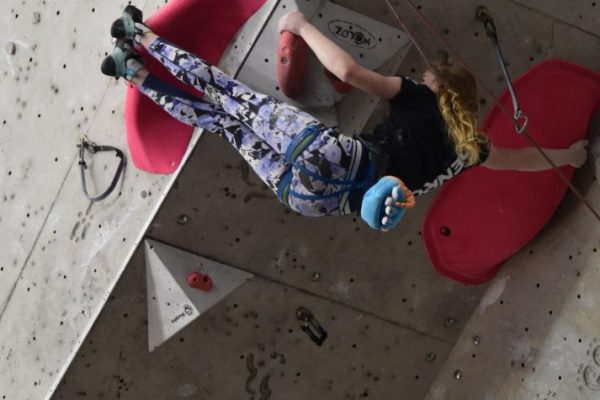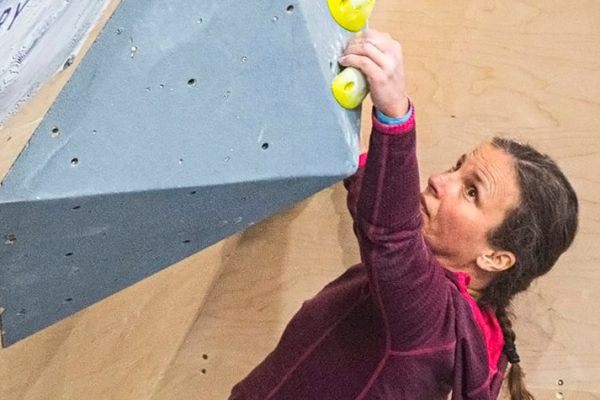You don’t need to be a pro to enter your first climbing competition! You can gain loads of experience by having a go and seeing how others perform.
Many climbing walls have their own competitive leagues and ClimbScotland organises a range of youth and adult climbing competitions each year, from entry level fun comps to the Youth Climbing Series and Scottish National Championships.
Find out about each one and book your place here:


